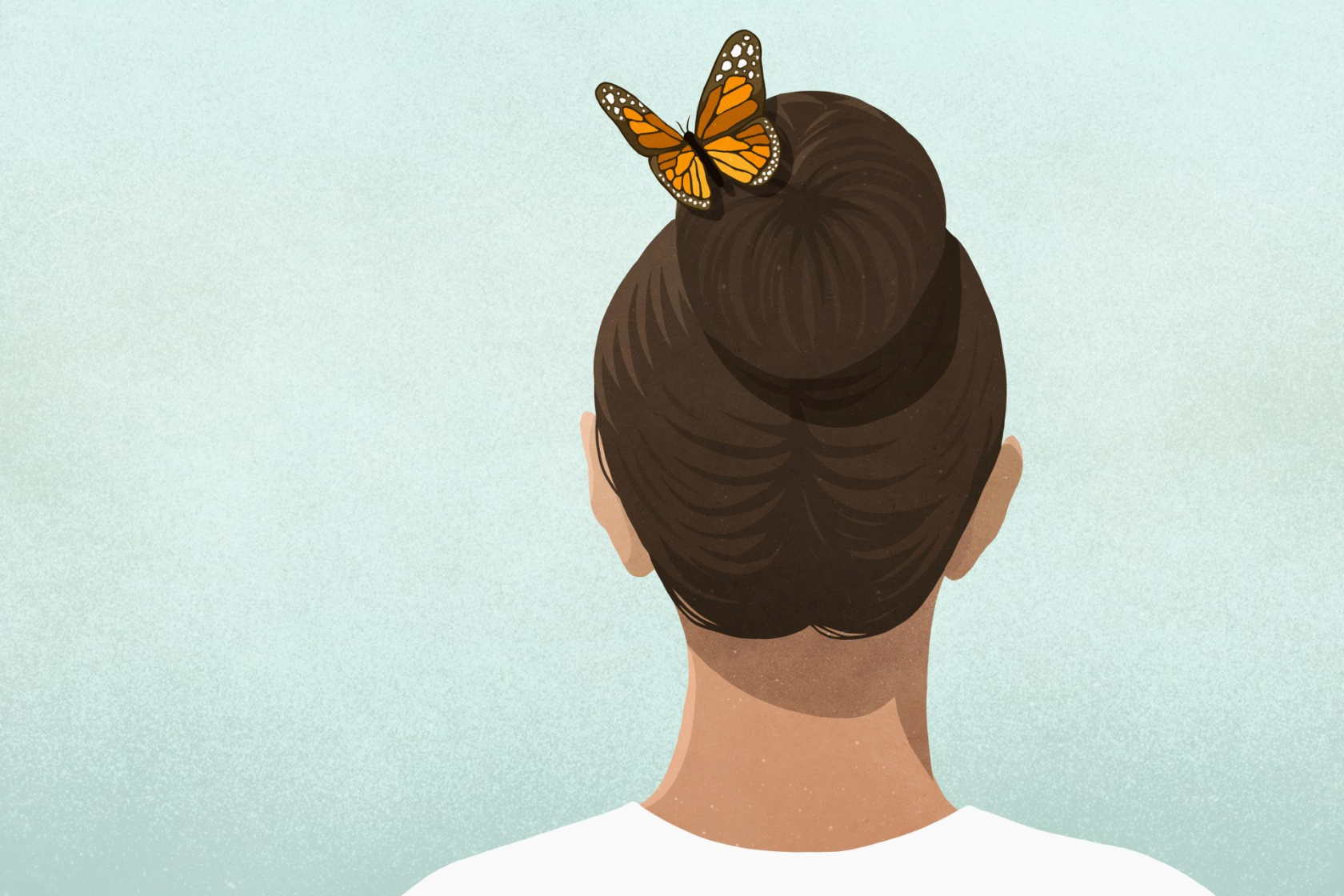zoloft medicina
Restrictions may have lifted, but the legacy of the pandemic is still taking its toll.
Over the last 12 months, I’ve spent a lot of time thinking about this summer. When I moved into my new flat last October, the prospect of spending sunny days in a nearby park was enough to distract me from the huge expense I was agreeing to. And when I was isolating with Covid-19 in the run-up to Christmas, the idea of being able to jet off on holiday for the first time in three years made the experience that little bit more bearable.
But now that summer is here, I’ve been feeling strange. The excitement I felt at first has, in part, faded away, replaced by an odd sense of restlessness. I’ve still been able to enjoy the fun things I had planned, but in the background, zithromax therapeutic effect it’s hard to ignore how out of sorts I feel – as if I’m floating through life, not really sure what’s happening next.
For a long time, this feeling confused me, and I tried to distract myself as much as possible. But after taking some time to think about it, I can’t help but wonder whether it’s another side-effect of the pandemic.
Almost one year since so-called ‘freedom day’ – and about six months since the last big case surge (although it feels as if we’re heading for one again), I think I’m finally coming to terms with what life after a pandemic actually looks like.
Inevitably, all the changes many of us made when restrictions were lifted (such as quitting jobs, moving home or forging new relationships) are starting to feel old. And with no new ‘landmarks’ to dread or look forward to, we’re finally getting the chance to process everything that’s happened – and worry about what comes next.
In a bid to find out whether my theory could hint at why I – and many of my friends – have been feeling a little weird recently, I reached out to the therapist Jodie Cariss, founder of The Self Space and author of the new book How To Grow Through What You Go Through. She believes the sense of uncertainty that’s left us all feeling “strange” at the moment could definitely be to do with the pandemic – especially when it comes to the way it forced us to reimagine ourselves and the lives we wanted to lead.

“People might be feeling as if they have one foot in the past and one foot in the future and feel as if they’re trying to process both, which can feel a little destabilising,” Cariss explains. “Others might also be feeling unsure about how to process the information they’ve learned about themselves during the pandemic to inform their futures and know work needs to be done to move them forwards.”
On top of feeling unsure about the work that needs to be done to move forwards, Cariss also believes many of us are dealing with “unprocessed trauma” from the stress and anxiety we felt during the pandemic.
“The many people that overworked during the pandemic might be feeling resentful and tired and need to realign their boundaries, which can be hard,” she says. “Many of us are trapped in a loop of overwhelm and exhaustion – and aren’t really sure how to stop it.”
I can definitely empathise with the loop of overwhelm and exhaustion Cariss is speaking about, especially when it comes to the pressure I feel to socialise at any given opportunity. While the dark evenings and miserable weather of winter made it easier to turn down the odd event, I now find myself saying ‘yes’ to most things I’m invited to – as if I’m trying to make up for the time that passed me by in lockdown. It’s even reached the point where I feel guilty for spending time on the sofa.
It’s also worth remembering that the ongoing cost of living crisis and the myriad of horrific news stories we’ve been exposed to recently will inevitably be taking their toll. While they may not be the reason why I’m feeling so lost, the stress and anxiety they attract can make everything feel a lot harder to deal with.
For now, then, I’ll be making sure to take the time I need to think about where I’m really at – something Cariss says could help us to feel more in tune with our bodies and minds.
“You may be aware of the many external changes that have come out of the pandemic, but you may not be able to recognise the internal changes which you’ve also gone through – and that can leave us feeling a little out of sync, unaligned or out of sorts,” she says. “It’s important to give yourself time to catch up and proactively seek some clarity, so that the outside world and the way you live can reconnect.”
If you, or someone you know, is struggling with their mental health, you can find support and resources on the mental health charity Mind’s website and NHS Every Mind Matters or access the NHS’ list of mental health helplines and services.
If you are struggling with your mental health, you can also ask your GP for a referral to NHS Talking Therapies, or you can self-refer.
For confidential support, you can also call the Samaritans in the UK on 116 123 or email [email protected]. In a crisis, call 999.
Images: Getty
Source: Read Full Article
